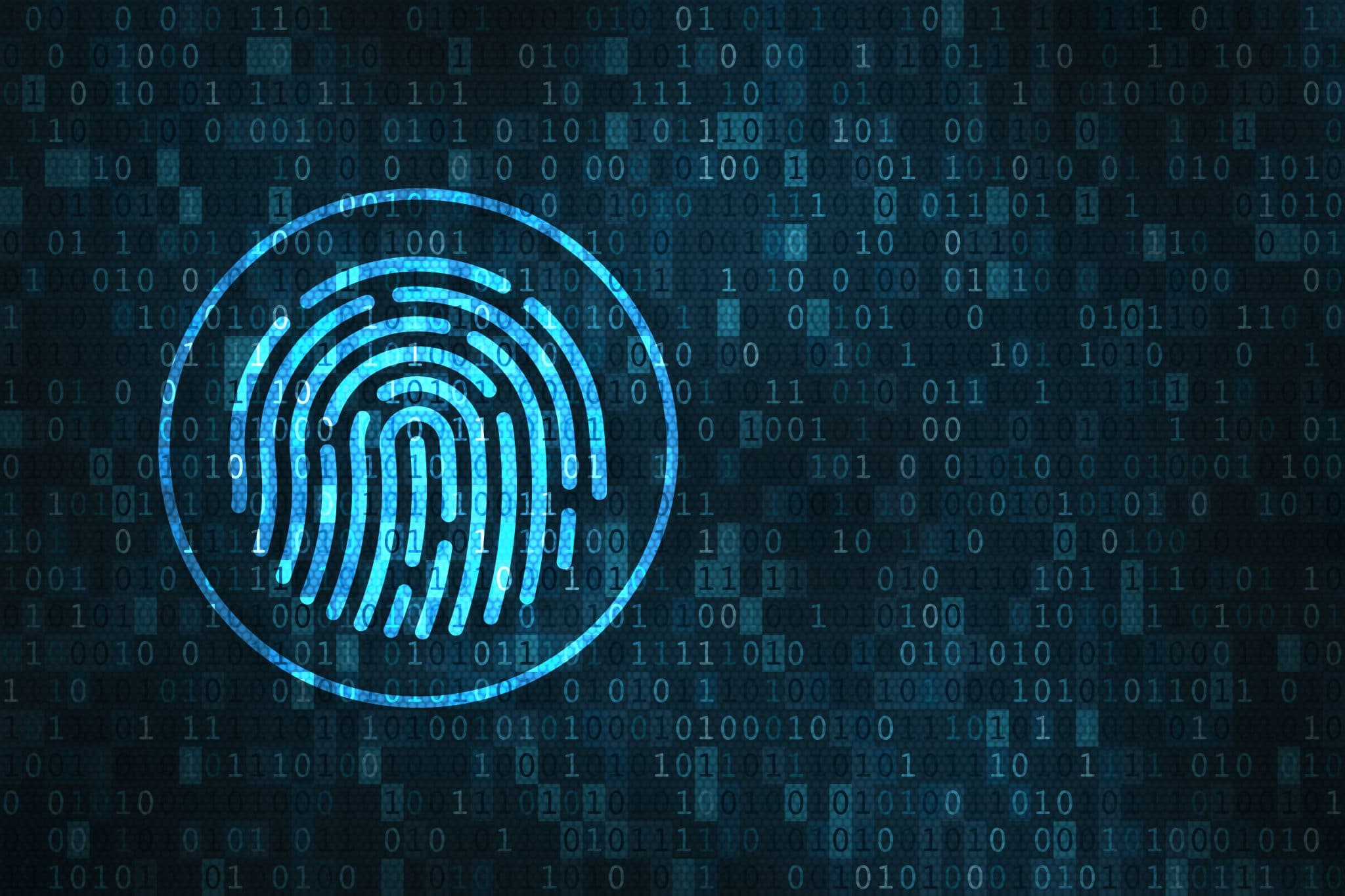
A new case study from Integrated Biometrics (IB) explains the company’s engagement with the Nigerian government, including how its Kojak FAP 60 10-print scanners have been used by the National Identity Management Commission (NIMC) in capturing fingerprint biometrics for the national database.
Nigeria is currently implementing a large-scale digital ID project with the government planning to issue at least 148 million digital ID numbers to citizens by 2024.
Many stakeholders have been in the fray to help Africa’s most populous country (with a population now estimated at over 220 million) attain this and other digital transformation ambitions. Further collaboration is expected.
The country’s Digital Identification for Development (ID4D) agency National Information Technology Development Agency (NITDA), which recently formed a partnership to advance Nigeria’s digital ID ecosystem, discussed the ecosystem model and the need for involvement from the private sector and civil society in an interview with the Independent this week.
As of May 2022, 82.7 million digital IDs had been issued, according to government figures, with over 80 percent of IDs issued after 2015.
Initial challenges
IB narrates that when Nigeria started off with its identity project back in 2007 with the creation of the NIMC, it faced many challenges not only because there was no central database, but because there were difficulties in enrolling citizens for the National Identification Number (NIN). Part of the problem was because it was difficult to reach citizens in remote localities for biometric enrollment.
The resolve by the Nigerian government to fix this problem and expand the digital ID ecosystem became stronger in 2019 when it got $433 million of World Bank funding under the Identification for Development (ID4D) initiative.
Through the NIMC, the government also opted for technology that would beat some of the major challenges faced on the field for citizen enrollment.
IB fingerprint solution preferred
IB’s fingerprint mobile hardware, with Seamfix software integration, was chosen for this purpose as it met the requirements of ensuring proper and seamless fingerprint capture at enrollment stations, in outdoor locations, and even in very high temperatures.
The scanners were also selected for their durability, portability, low power consumption, long battery life and image capture quality, says the company in the case study feature.
According IB, the Kojak scanners helped NIMC agents to overcome the challenges in Nigeria. The scanners could collect accurate prints even from dry or dirty fingers and in direct sunlight.
Financial inclusion drive
The company says the breakthrough in enrolling citizens has put the federal government on the right trajectory in enabling financial inclusion, and also in curbing security concerns as exemplified with the controversial linking of SIM cards to the NIN.
In this light, mobile telephone operators such as MTN, Glo and Airtel have been using the Kojak FAP 60 10-print scanners to register and upgrade information linked to SIM cards, says IB.
In terms of financial inclusion, IB notes that these efforts in expanding the digital ID space have made it easier for the Nigerian government to deliver safety net services to citizens wherever they are. It is now also possible and easier for many Nigerians to engage in digital banking services.
Apart from Nigeria, Integrated Biometrics has reported success with its fingerprint biometrics deployments elsewhere, such as in Uruguay for a secure payments scheme.
Article Topics
Africa | biometric enrollment | biometrics | digital ID | fingerprint biometrics | Integrated Biometrics | national ID | National Identity Number (NIN) | Nigeria | Nigeria ID4D | Seamfix | social security
Source : From the Web